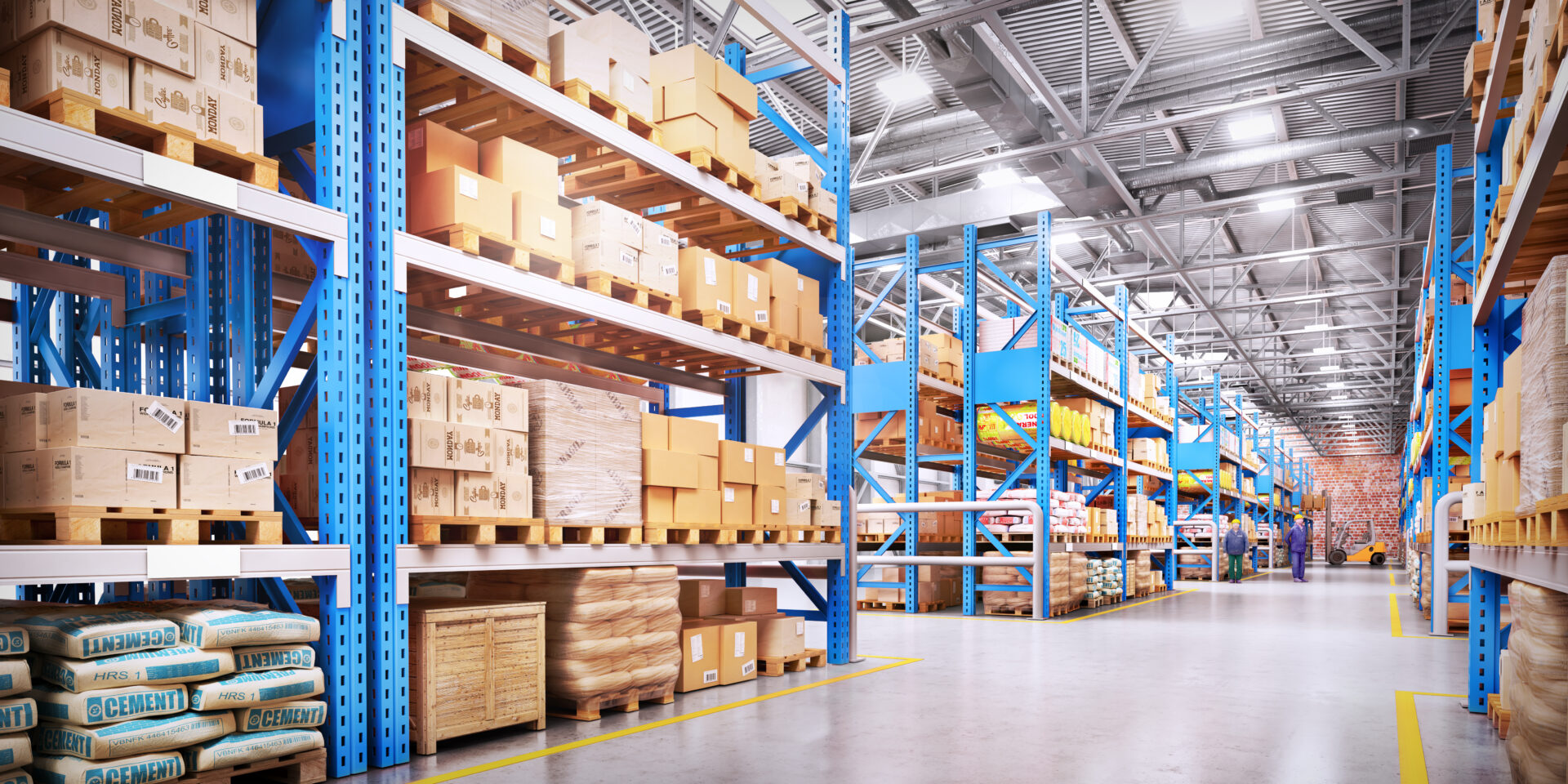Is it time you outsourced your deliveries?
The irony of outsourcing is that more often than not, by the time you accept you need to be doing so, you’re so busy there’s never enough time to get it organised! Once you make the time to pick up the phone or send that email, however, you’ll kick yourself for not having done so sooner. Looking back, you’ll wonder how you got everything done, where did you find all that extra time?
Outsourcing is a part of business that comes with growth and expansion; it seems a big step at the time, to go from having full control over all aspects of your company processes to handing over sections to others. Little by little, you relinquish control over areas you aren’t irreplaceable in: accounting, invoicing, deliveries, returns, or perhaps your physical presence in a shop.
When it comes to your deliveries, outsourcing can offer several benefits, particularly for those in retail, e-commerce, food service, and logistics. Here are the key advantages:
Financial Savings
Lower overheads: When you cover your own deliveries and returns, you need to invest in vehicles, maintenance, insurance, and driver salaries. When you hire a company to provide those services, the above responsibilities are theirs instead, leaving you with a single invoice to fulfil.
Scalability: You only pay for what you use, which means you’ll avoid any fixed costs during low-output periods. Then you can increase your service level when you’re busier.
Efficiency
Specialised expertise: Delivery partners will use the latest vehicles, optimised routes, specifically trained drivers, and up-to-date logistics technology. All of which save time and money.
Faster delivery: Some third-party logistics providers can offer next-day or even same-day delivery using their established infrastructure. Offering the same as an independent business, however, would be quite a feat.
Core Focus
Operational focus: Outsourcing corporate tasks frees you up as the business owner, as well as releasing internal resources to concentrate on other, more progressive areas of the business, such as business development, diversification, sales, or the customer experience.
Reduced management burden: There’s less time spent on scheduling, route planning, or handling delivery issues.
Updated Technology
Delivery partners more often than not offer tracking, real-time notifications, proof of delivery, and will integrate their systems with your ever-changing inventory. These are all elements your customer base will be expecting in 2025, and therefore improve the overall customer experience.
Not providing these may well lead to a diminished customer satisfaction level and even complaints.
Flexibility
On-demand capacity: Working with a third-party logistics provider allows you to scale up or peel back your delivery operation. This is a great option for those who experience seasonal demand, high waves of output or cater to promotional events.
Geographic expansion: It may be tempting to stick to your known remit; the locations you’re familiar with and that are aligned with your current timeframes. Outsourcing your deliveries, however, means you can reach new customers in different regions simply, without the need for setting up more of your own logistics infrastructure.
Risk Reduction
Shared liability: Some risks associated with the delivery journey, for example, road incidents, staffing issues or disappearing packages, are in the hands of the third-party provider.

Let’s compare:
Cost
Outsourcing: There is lower upfront investment; costs are variable per delivery and time period
In-House: There is high initial expense for vehicles, insurance, driver salaries & logistics software. There are also many fixed payments that disregard your changing output levels
Scalability
Outsourcing: You can be flexibile during peak & quieter times, expansion and/or diversification
In-House: You are limited by your internal resources; scaling requires major investment, time and forethought
Control
Outsourcing: Although you’re in control of your flexibility, you may find you have less control over delivery operations, so make sure you find the company that’s right for you
In-House: You have full control over the service you provide, branding, and the delivery process, but you will also need to take on the stress of it
Speed to Launch
Outsourcing: It can be a quick turnaround to implement using third-party infrastructure that already exists
In-House: It’s time-consuming to build a fleet of vehicles, source the funds, hire and train staff properly
Customer Experience
Outsourcing: The speed and efficiency that third-party logistics companies provide offers increases in customer satisfaction
In-House: If you’re running the show alone, sometimes it’s best to underpromise then overdeliver, in order to keep end-line customers happy
Technology
Outsourcing: You’ll have access to the provider’s tracking, routing, and logistics software. We use Mintsoft at Concorde Transport Services Ltd
In-House: You have to invest in custom delivery and tracking systems suitable for your business, which also means a lot of research
Risk Management
Outsourcing: Some of the legal and operational risks (and stresses) are transferred to the provider
In-House: Your business bears the full responsibility for accidents, compliance issues, etc.
Geographic Reach
Outsourcing: An established provider can reach distant or hard-to-access areas, including internationally
In-House: You are limited to the areas your individual fleet can cover

In conclusion…
Outsourcing is a great option for businesses looking for flexibility, scalability, and efficiency without heavy investment. If you’ve been hosting the company logistics show independently up until now, and have reached a point where you’re considering working with a delivery partner, now’s the time to take things to the next level.
The jump doesn’t have to be massive, you can start small and build to a level that’s comfortable.
Speak to our team today to see how we could become the logistics partner your business needs.
Call us on: 01603 408143
Email us at: info@concordetransport.co.uk


